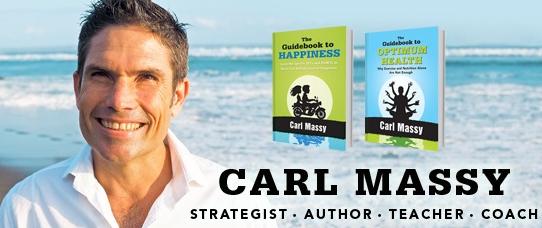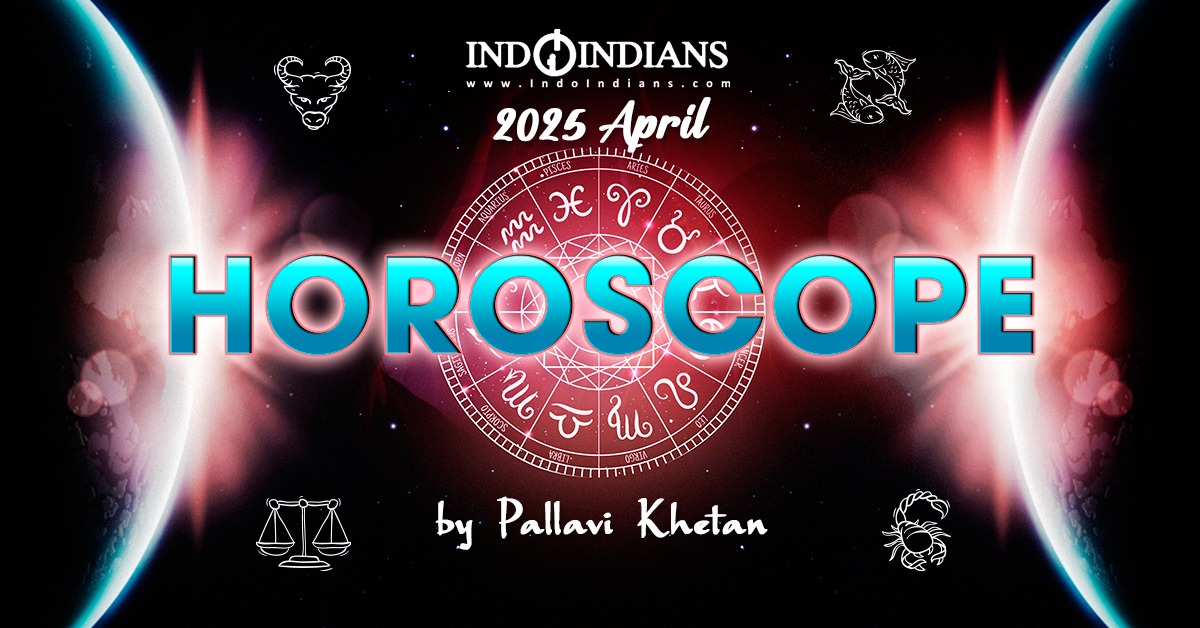By: Carl Massy
Back to basics
Over the years I have done a bunch of work and traveling to Singapore. Great food, nice and orderly especially after coming from Indonesia, and a bucket-load of shopping centres. Plus people working their butts off to make more money so they can buy stuff that they actually don’t need (and haven’t got the time to enjoy).
Did I hear someone say ‘but what about retail therapy’? Well here is a question for you. Was the term ‘retail therapy’ introduced by the retail industry or by a team of the worlds leading therapists on emotional intelligence and stress management? Research does suggest that shopping is actually likely to make you feel worse, in the long run, as opposed to better. Having said that, if you drop the shopping for stuff you don’t need and catch up with friends for meaningful conversations, that is a different story entirely.
Here is my theory
When you look about your house, how much stuff do you see that you really ‘need’. That contributes to the quality of your life and the lives of the people around you?
If you buy less stuff that you don’t need, you end up with more $$$$ that you can spend on things you do need, or the ability buy experiences that do enrich your life and those around you. Alternatively, if you buy less stuff you don’t need, you might be able to work less crazy hours, and spend more time with your friends and family or engaging in a hobby that truly lights you up. Or even more time to do the simple but fulfilling stuff like taking a walk in nature, playing with the dog, playing with the kids, going to the beach, or having a picnic.
Effectively you trade money spent on unnecessary stuff for more precious time.
The other positive by-product is less stuff generally means less stress. Clutter = stress for the brain. More stuff also is likely to create more stress as you have to manage, protect and maintain your stuff.
I have also found it to be a very powerful exercise for clients to figure out exactly how much money they need. It can be quite insightful. It may even redefine what they do for a profession or whether they stay in a job they don’t like. Or plan for that holiday that now seems more possible.
My final thoughts
For starters, I am not suggesting we need to go caveman or cavewoman to be happy. My point is to be more conscious of the money we spend on things we may not need, and that are not adding to the true quality of our lives and others. If you reduced your spending by 10% on stuff you don’t need, in theory you could work 10% less hours. In a 40 hour week that is 4 hrs or an afternoon off work one day a week. Sweet!! Alternatively you could contribute your extra money to good causes or making a difference in someone’s life, which is guaranteed to increased happiness.
I love this planet and so I personally can’t help but consider the environmental impact of me buying stuff I don’t need or ‘upgrading’ when what I have works just fine. Again I am not here to tell anyone how to live their life, I am just encouraging you to consider the bigger picture and the difference you can make in the world by your choices and the example you set.
To me, less stuff you don’t need = more money for stuff you do need or less time working and more leisure time. It also means less stress from clutter and managing your stuff. All good for increasing your Happiness. So give it a whirl and see how it works for you.
What are your thoughts? Am I a killjoy or have I been living in the Tropics for too long? Feel free to share by replying or getting over to my Facebook page.
Have a SUPER awesome day!
Cheers,
The Guidebook to Happiness is a great place to start when it comes to doing more of the good stuff to create an even more fun version of yourself and your life.







